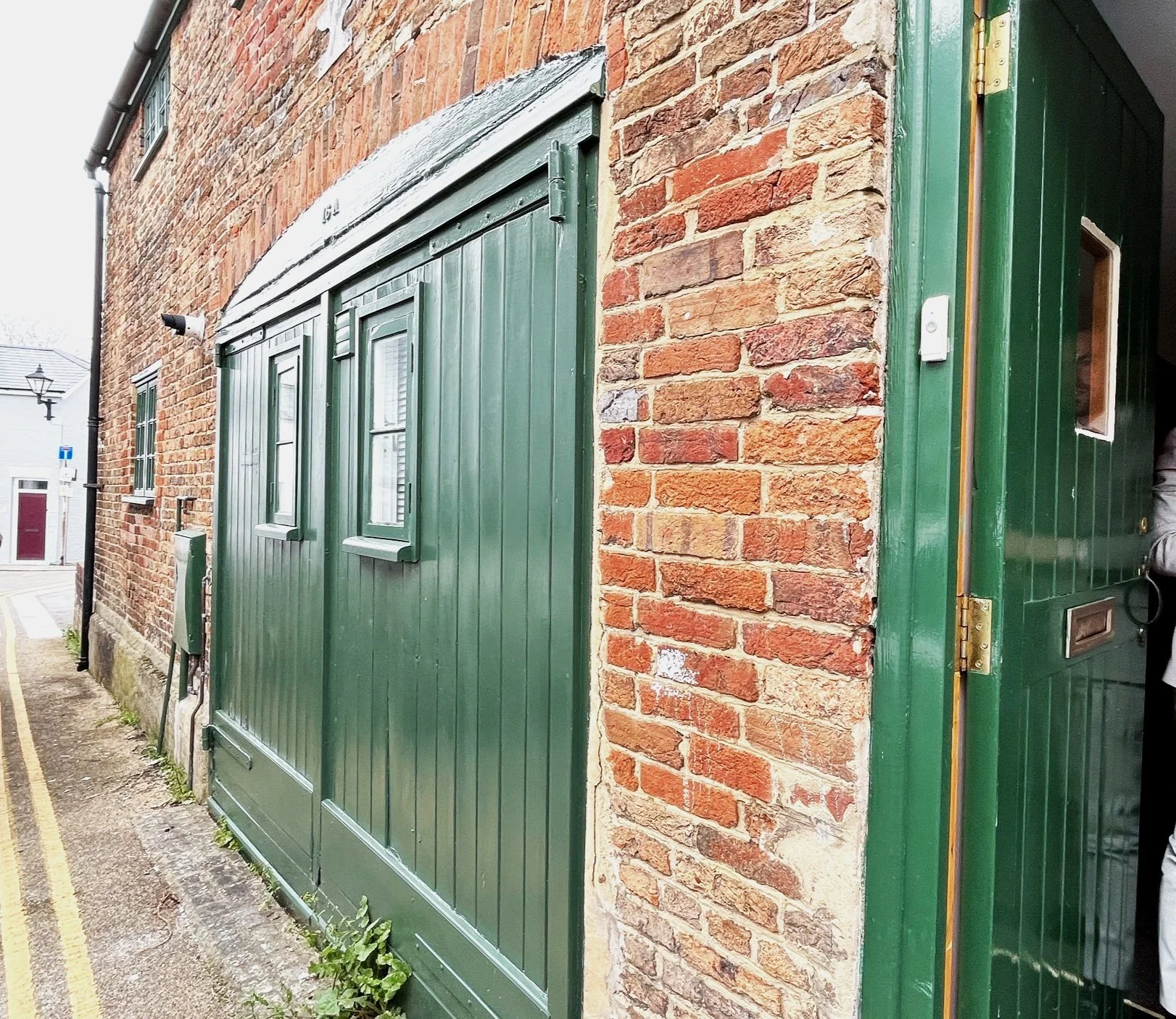SALE BY INFORMAL TENDER: ADVANTAGES FOR FLIPPERS
Key points for you as a buyer:
Your offer is private: You don’t know other bids, and they don’t know yours.
It’s not legally binding: Even if your offer is accepted, it’s “subject to contract,” so there’s no legal tie until exchange.
You can re-enter: If the winning buyer pulls out, you may still get the property—so it’s worth tracking deals that fall through.
You may need to pay a fee: Often around 2% or a flat fee (e.g. £4,200), paid to the estate agent if your offer is accepted.
This keeps coming up, so here’s a clear explanation of what it is, and why it can work in your favour when flipping.
What is “informal tender”?
You view a property listed with a guide price.
Then, instead of open offers or negotiation, you submit your best offer by a deadline, without knowing what anyone else is bidding.
That’s why it’s often called a “sealed bid” sale.
Key points for you as a buyer:
Your offer is private: You don’t know other bids, and they don’t know yours.
It’s not legally binding: Even if your offer is accepted, it’s “subject to contract,” so there’s no legal tie until exchange.
You can re-enter: If the winning buyer pulls out, you may still get the property, so it’s worth tracking deals that fall through.
You may need to pay a fee: Often around 2% or a flat fee (e.g. £4,200), paid to the estate agent if your offer is accepted.
Why sellers use it:
To generate competition when the market is flat or the property isn’t selling.
To speed up interest without entering a drawn-out negotiation.
Because it creates structure: one deadline, multiple offers, more clarity.
What’s good for flippers?
You can offer based on your numbers, without being drawn into bidding wars.
You stay in control, because there’s still a window for renegotiation if issues arise after survey.
You can watch unsold or failed informal tenders and make a move when the original deal collapses. It happens more than people think.
What’s not so good?
Estate agents often charge both buyer and seller. That means they’re technically representing two parties, which raises questions about whose interests they’re prioritising.
The extra cost can affect your bottom line, so it must be factored in early.
There’s no guaranteed price or timeline. You might win the bid and still wait weeks for movement, or lose out entirely.
One key thing to watch:
When you place a bid through informal tender, you become the estate agent’s client. That may sound harmless, but it changes the dynamic. You’re now paying them, and their duty is to you. Or at least, it should be.
So ask questions. Get everything in writing.
And read the small print on their fee structure.
Is it worth it?
If you know how to run your numbers, and understand where the value is, yes, informal tenders can offer real opportunity. Especially when others are put off by the process.
But like everything else in flipping:
Know the rules. Know your margins. Stay in control.

